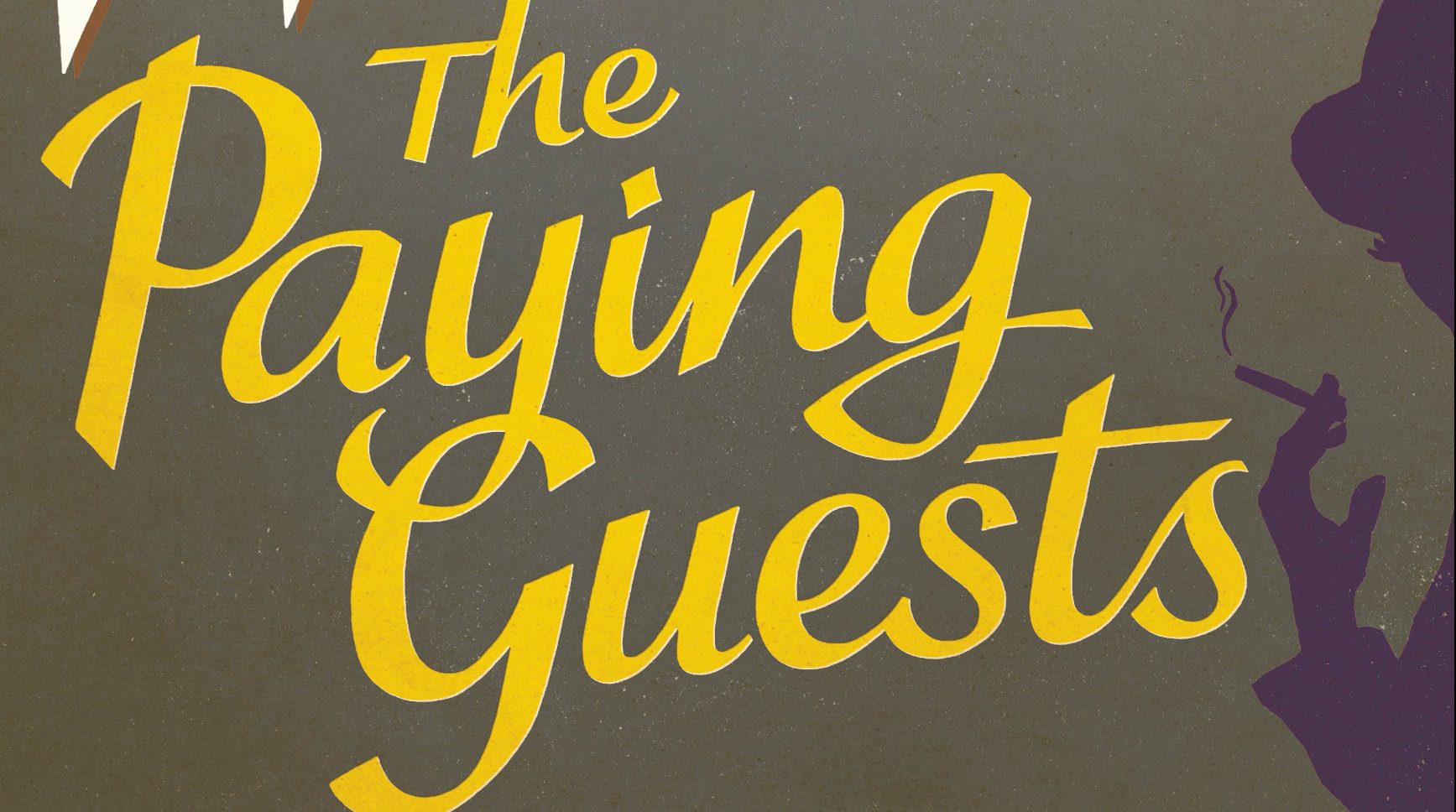Blogs
Wowed by Waters

Wowed by Waters
Book Review “The Paying Guests” by Sarah Waters
This is one of those books that get under the skin of the characters in just a few lines, that you read just for the pleasure of the words.
It moves at a leisurely pace yet it doesn’t feel slow. We get to know learn the characters gradually through brief yet incise thumbnail sketches. This for example:
“His eyes were the blue of Cornish china, his fairish hair sat close to his scalp in tight little lamb-like curls.”
The atmosphere and the descriptions are just wonderful. The reader inhabits the world Sarah Waters has created. I feel I know that house on Champion Hill. I could walk into its cool echoey entrance hall, hear my footsteps on the odd loose floor tiles. I can see the heavy dark furniture. I know which door leads to which room, the way out to the garden. Upstairs I can see the lodgers’s rooms, the bohemian jumble and chaos so different from the austerity below, hear their dance music, their snatches of conversation and laughter.
The book is set just after the First World War and as always Sarah Waters has researched the period carefully and woven in many little details: the clothes they wore, the layout of the house, even the housework and bath and lavatory arrangements. Underlying al this is the loss suffered by all families at this time: two sons are missing from the household. With no breadwinners there is genteel poverty, ignored and misunderstood by the widowed mother.
The atmosphere of London at the time is brilliantly evoked. I particularly like these two:
“The day had the odd glamour that a grey day can have in the midle of a heat wave. The smells were tart London ones: petrol, state, manure. asphalt.”
“The route grew steadily more shabby, but became fascinating too, a mixture of little businesses-leather works, sanitary works, glass merchants, rag-and-bone men-and street after street of elderly houses, some that had once been grand and were now let out as sad-looking rooms, others that had never been grand in the first place and were all but derelict. They paused at a patch of waste ground, possibly the result of a Zeppelin raid: it gave a view of a sprawling, weather-boarded building with a jutting upper-storey that must have been there, they decided, for three hundred years, since before the Great Fire.”
The book is full of insightful observations. This one about marriage:
“‘This is marriage Miss Wray,’she murmured. ‘This is marriage exactly.”
She had found a spot on the rail where the paint was chipped, exposing several older colours, right down to the pale raw wood beneath. Running her fingers over the flaw, she said. ‘You don’t think about all these colours when everything’s going all right; you’d go mad if you did. You just think about the colour on the top. But those colours are there all the same. All the quarrels and the bits of unkindness. And every so often something happens to put a chip right through; and then you can’t not think about them.”
It’s a story full of surprises. Two-thirds of the way through it gathers momentum, changing from a ‘love story-with-a difference” into something quite different and moving at a tremendous pace that left me scarcely able to put it down. I have read reviews that have criticised this sudden change of genre. These have also criticised the sex scenes as being introduced simply to appeal to a modern audience, but I disagree with both criticisms. I enjoyed all aspects of the book, the historical and social comments, the relationships and love story, the excitement of the crime.
I haven’t always enjoyed Sarah Waters, and she’s certainly not a writer for everyone, but for me this is one of her best.
Bethany Askew is the author of eight novels: The Time Before, The World Within, Out of Step, Counting the Days, Poppy's Seed, Three Extraordinary Years The Two Saras and I Know You, Don't I? She has also written a short story, The Night of the Storm, and she writes poetry. Two more women’s fiction books have been accepted for publication in 2020 and 2021 respectively and she is currently working on a new novel. In her spare time she enjoys reading, music, theatre, walking, Pilates, dancing and voluntary work. Bethany is married and lives in Somerset.
Recent Comments
- Bethany Askew on About the Author
- Louise Tyrrell on About the Author
- Bethany Askew on About the Author
- Yola Munro on About the Author
- Andrea crosland on About the Author
-
Latest Posts
Meta
Bethany Askew
Bethany Askew is the author of eight novels:
The Time Before, The World Within, Out of Step, Counting the Days, Poppy’s Seed, Three Extraordinary Years,The Two Saras and I know you, Don’t I?
She has also written a short story, The Night of the Storm, and she writes poetry.
Two more women’s fiction books have been accepted for publication in 2020 and 2021 respectively and she is currently working on a new novel.
In her spare time she enjoys reading, music, theatre, walking, Pilates, dancing and voluntary work.
Bethany is married and lives in Somerset.
-
My Twitter Feed
-
Today from Bethany Askew Novelist : Book Review: The Woman in the White Kimono by Ana Johns https://t.co/2J6L2spX7t... 4 years ago
-
Copyright - Bethany Askew 2009 - 2016 Follow @AskewBethany
